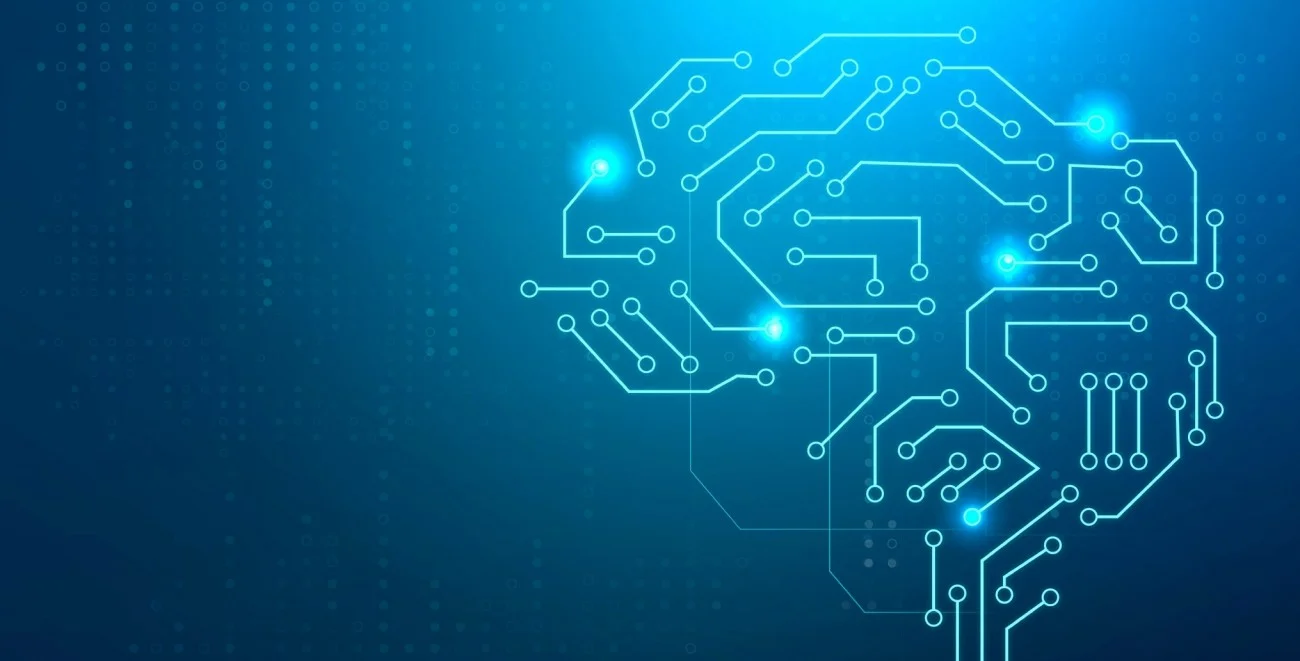
What Is Artificial Intelligence?
Years ago, artificial intelligence was a concept we heard about in sci-fi movies. The capability of a machine to handle human tasks was beyond our comprehension; a robot making a human-like interaction was nothing more than fiction.
But technological advancement knows no limit. Today, artificial intelligence is present in many industries performing all kinds of tasks that once needed humans to complete.
What Is AI Technology?
Artificial intelligence, also known as AI, is a branch of computer science that enables computers, robots and machines to operate intelligently associated with human intelligence characteristics, such as learning, reasoning, perception, language and problem-solving. These characteristics that distinguish the artificial intelligence systems empower machines and robots and enable them to perform different tasks that vary in complexity.
How Does Artificial Intelligence Work?
Artificial intelligence employs advanced algorithms to process data. It has the ability to process large sets of data and automatically learns from their features and patterns to make decisions.
AI systems are supplied with large amounts of data from their human programmers but are not instructed on how to perform every single task. They analyze the data they are given, detecting patterns and making predictions.
One thing that makes AI a revolutionary technological advancement is that it goes beyond being fed commands. But what makes this achievable? Machine learning is the component within AI technology that enables it to understand human language and imitate humans' logical thinking and rational acting. AI systems are able to learn from historical data to come up with new outputs without a pre-existing code.
Deep Learning
Deep learning falls under machine learning. It is meant to replicate neural connections in the human brain and replicate its behaviours. It makes associations between large quantities of data to learn and make decisions. But what differentiates deep learning from traditional machine learning we discussed above? The type of data it analyses and learns from. Classical machine learning mostly deals with structured labelled data that has predefined nature. Deep learning is used to analyse large amounts of unstructured undefined data, e.g. images and audio files in their original forms.
A simple example to understand machine learning and deep learning is product recommendations in e-commerce applications and websites. By using machine learning, these websites can recommend products individuals may be interested in based on their previous purchases, searching patterns and cart history. This can go on larger scales and in more complicated situations.
The Benefits of AI Applications for Businesses
Chatbots, smart assistants, virtual booking agents; AI plays a significant role in daily life. AI is also a vital player in the business field; it offers all kinds of companies and organizations some golden opportunities to advance and be ahead of the competition. So what are some of the benefits businesses get when integrating AI technologies into their business models?
On-Time Analytics
AI systems process large amounts of data. This presents a huge advantage for all types of businesses. They help obtain real-time analytics to enable businesses to make the right decisions at the right time and offer them a competitive edge.
Increasing Productivity
Mundane and repetitive tasks often devour employees’ time, the time they would have invested in performing more critical and demanding ones. Employing an AI application to handle tasks like answering customers’ repetitive questions will boost employees’ productivity by allowing them to focus on other tasks where human interference is a must.
Reducing Costs
In addition to monitoring their processes 24/7, cutting operational costs and avoiding the costs of human errors, AI systems can help businesses to save money when hiring.
For example, a business may provide customers with support at all times without needing to recruit additional staff or compromising their customer experience quality. This goes for all business fields, not only customer support. Artificial intelligence technologies will help businesses to direct their financial resources to hire individuals to fill more critical roles.
Will AI Replace Humans?
Now we come to the debate: are we replaceable? It is the question lingering in the minds of many around the globe, thinking of dystopian movies where ‘evil’ robots took over the world. But let’s be logical; as smart and advanced as they seem, AI systems can offer human-like experiences, but are still incapable of replicating human intelligence 100%.
While artificial intelligence relies on data and data only to make decisions, human intelligence has a unique nature and non-data-based attributes. We can feel empathy, form relationships with exterior influencers, read emotions and anticipate any changes in a situation to adjust our actions and behaviours, adding more strengths to the intelligence equation. AI systems may be successful at imitating these human intelligence characteristics but to a certain point.
A Joint Force
Instead of looking at artificial intelligence as a threat, we should see it as a human capabilities ‘amplifier’.
In a successful collaboration between the two, or what is known as an augmented intelligence model, AI technology can be in charge of day-to-day routine jobs to increase productivity, accuracy and efficiency. With AI handling such tasks, humans are given the space and time to reach their full potential and be more creative in doing sensitive jobs that set an entity apart from its rivals.
Tap into Conversational AI with EDC
Some of the commonly used applications of artificial technology across many fields are chatbots and virtual assistants. However, people have a rigid experience interacting with them because of their automated and relatively limited responses.
Therefore, EDC provides conversational AI platforms that use and implement a large volume of data, understand the intent of the conversation, recognise text and communicate across various languages, allowing the user to use their own words and phrases. This way, EDC utilises AI to create a very human-like experience.
Our conversational AI solution incorporates the following features:
- Intent manager.
- Conversational builder.
- Conversational orchestrator.
- Conversational manager.
- Conversational analytics.



